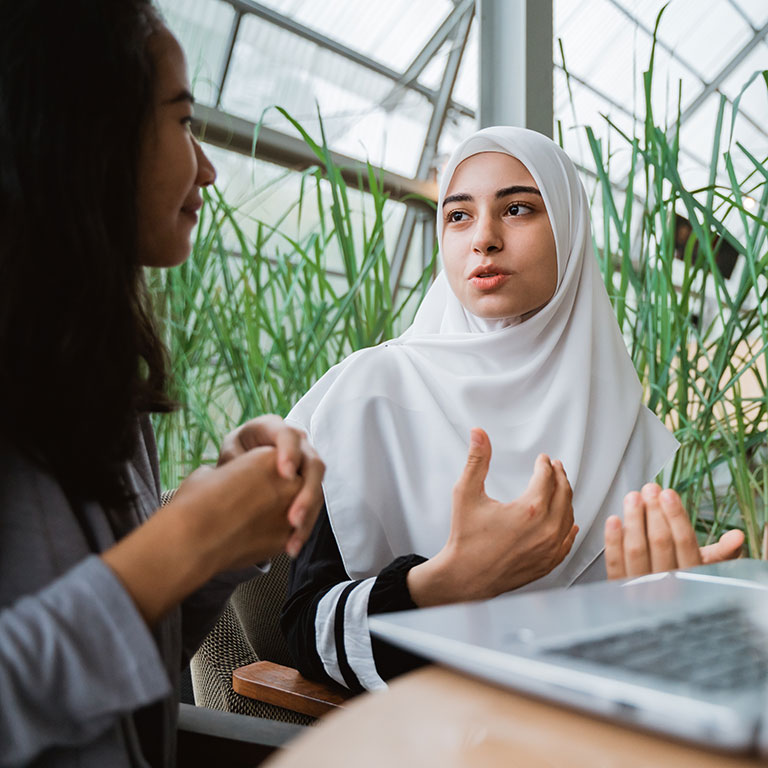“Education is one of the most basic societal needs and also a human right. However, its implementation is still lacking and/or fails in several countries including Muslim majority ones worldwide,” she explained. “This symposium not only provides a safe venue to address education related problems in Muslim majority countries but also brings scholars from all over to be able to share and learn from each other, hence creating a global conversation on some of the major education issues faced by Muslims.”
Patricia Kubow, Professor of Curriculum and Instruction, says there is relatively little known in the West about how education is being advanced in Muslim societies and the Muslim diaspora: “As such, the Symposium will create a forum for scholars working in education, youth development, curriculum reform, higher education, and civil society, among other fields, to learn from each other. In turn, that knowledge will be disseminated largely through the Journal of Education in Muslim Societies. Another benefit is that the presentation videos will be available to IU faculty for classroom use.”
Doğan’s personal goal is to become part of the global conversation on how education could be bettered in Muslim societies which aligns with the overall symposium goals: “There are Muslims all over the world without little to no knowledge about the social struggles of other Muslims, or what actually works there, what they are good at, etc. Developing countries, under which several majority Muslim countries fall into, are still too focused on learning about Western countries and cultures and taking the West as the role model. There should be opportunities to step outside the ‘learn from the Western example only’ method in teaching and learning. So why not have this conversation at such an intellectual meeting?”
Registration for the symposium is still open. Doğan encourages all who are interested to attend: “Some people may be intimidated by the symposium title because the focus is on Muslim societies. My request is to give it a second thought before forming opinions on our symposium because our goal is to address educational problems for the betterment of societies, including here in the U.S.”


